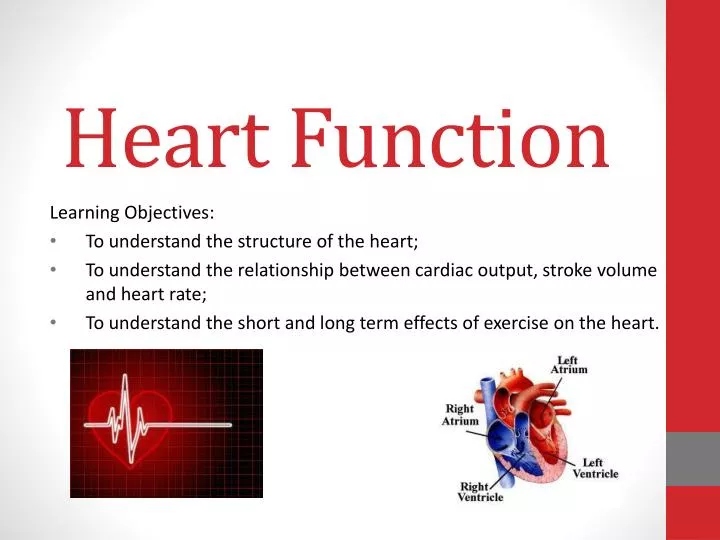

- #HEART PRO III FREE DOWNLOAD PORTABLE#
- #HEART PRO III FREE DOWNLOAD PROFESSIONAL#
- #HEART PRO III FREE DOWNLOAD DOWNLOAD#
This test can also be used before and after exercise to see how the flow of blood to the heart changes with exercise. A large machine then creates pictures of your heart by scanning your chest and looking for the dye. A dye is injected to highlight the blood vessels in your heart. These tests are used to see how blood flows to the heart. They are then gently moved into the heart, where they stimulate the heart and record your heart's electrical activity. Similar to an angiography, fine tubes (electrode catheters) are fed into a vein and/or artery usually in the groin. If you have abnormal heart rhythms (arrhythmias) or palpitations you may need this test.
#HEART PRO III FREE DOWNLOAD DOWNLOAD#
Download our event monitoring (PDF) to find out more.Īn EP study (electrophysiology study) is used to measure the electrical activity of your heart. When you experience symptoms, you will need to press a button to start the recording.
#HEART PRO III FREE DOWNLOAD PORTABLE#
For this test you wear a small, portable ECG machine for 24 or 48 hours and during this time your heart rate and rhythm are recorded. Download our exercise tolerance test (PDF) to find out more.Ī cardiac holter monitoring test is used to identify any heart rhythm problems. This test helps to show how your heart copes under stress.

Some heart problems only appear when your heart needs to work harder. Specialised ECG tests:Īn exercise tolerance test (ETT) involves two ECG scans, one when you are exercising and one when you are resting.

Read more about what to expect by downloading our electrocardiograph test (PDF). The recording will show if the heart muscle is damaged or short of oxygen. An electrocardiograph machine records your heart's rhythm onto paper through sticky electrodes which are placed on your chest, arms and legs. Download our transoesophageal echocardiogram (PDF) to read more.Īn electrocardiograph is the most common test for heart conditions. These pictures are clearer to see than those produced using a probe on your chest (as in a standard echo) because the oesophagus is close to your heart and there is no chest wall in the way. Download our dobutamine stress echocardiogram (PDF) to read more.Ī transoesophageal echocardiogram (TOE) is a special type of echocardiogram where pictures of your heart are taken by inserting a probe into your throat (oesophagus). If you are unable to exercise, you may be given medication (dobutamine) to make your heart react as if you were exercising. Two scans are done: one when you are resting and one when you are under stress. Specialised echo tests:Ī dobutamine stress echocardiogram is used to find out how your heart works when you are exercising. To read more about what to expect download our echocardiogram (PDF). A probe sends out and records these sound waves, producing a moving image of your heart on a computer. This test uses sound waves to study the structure of your heart and how the heart and valves are working.

Blood tests can also be taken to monitor the effects of medication as well as the levels of minerals in the blood Echocardiogram (echo) tests Blood testsīlood tests can help to diagnose a condition or to monitor someone who has already been diagnosed with a heart condition. Read more about what to expect during blood pressure monitoring (PDF). This unit regularly takes your blood pressure and measures your heart rate. Blood pressure monitoringīlood pressure monitoring involves wearing a blood pressure unit for up to 24 hours. Read more about what to expect during an angiogram. Using the dye as a highlight, X-ray pictures of the heart and coronary arteries are taken. A special dye is injected through the catheter into your bloodstream. AngiographyĬoronary angiography involves a small tube being inserted into an artery and threaded through to coronary arteries near your heart.
#HEART PRO III FREE DOWNLOAD PROFESSIONAL#
Note: If you are taking medication for your heart, it is important to talk to your doctor, nurse or other health professional about whether you need to stop taking these medications before having a heart test, and how soon you should start taking it again after the test.


 0 kommentar(er)
0 kommentar(er)
